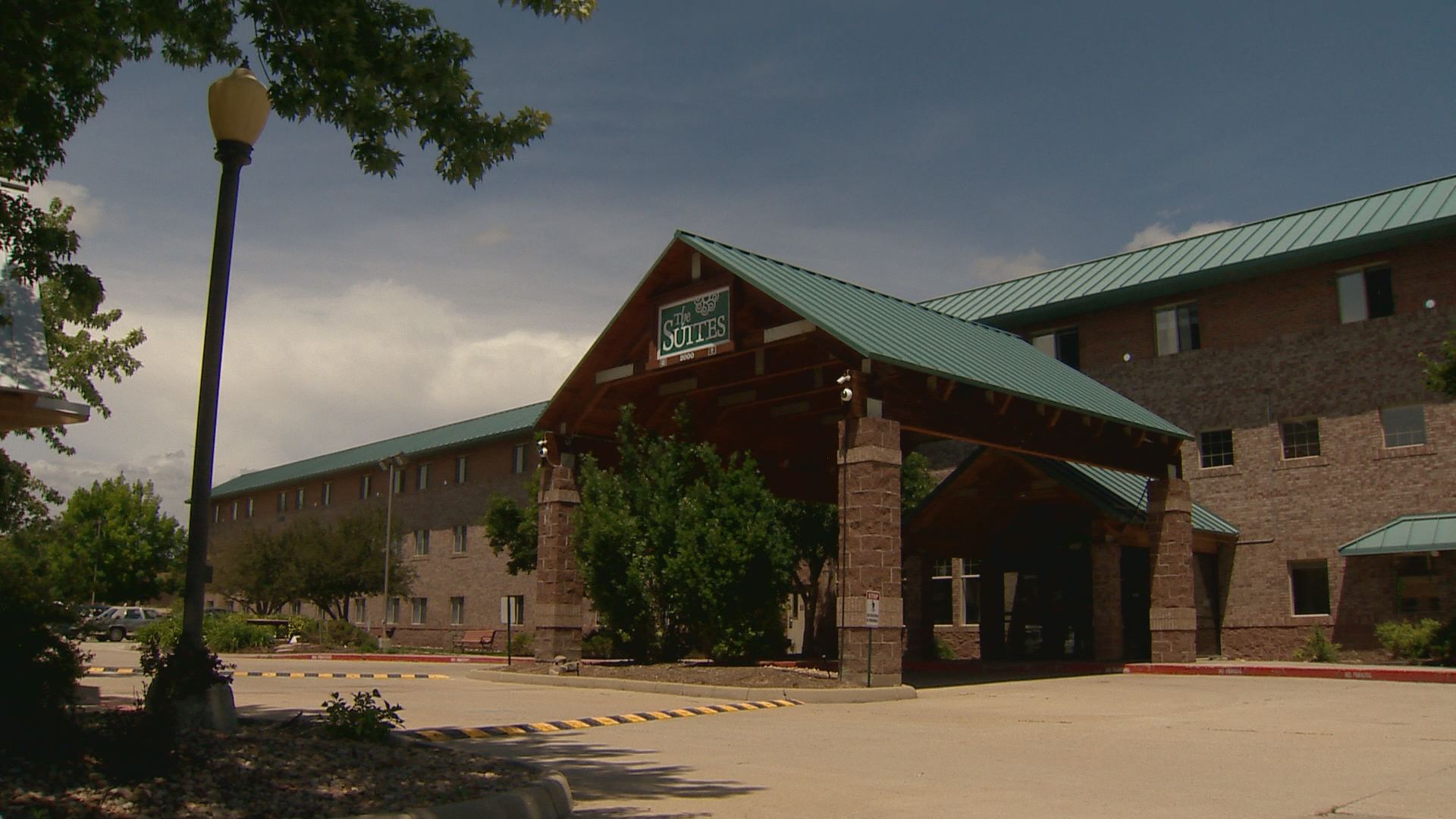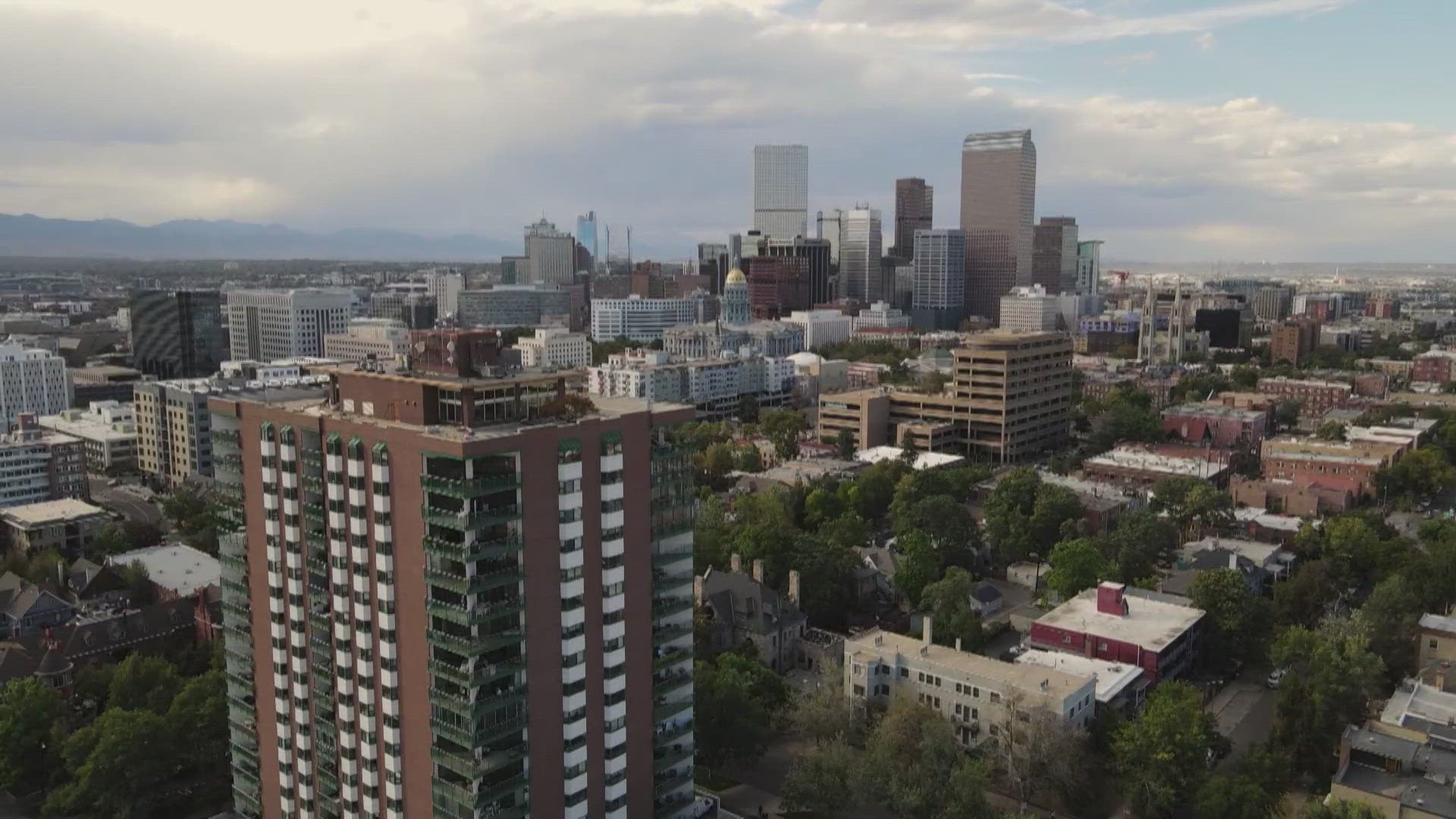The City of Longmont has agreed to pay a $210,000 settlement to public housing tenants who were subjected to warrantless searches in the spring.
The settlement was announced in a news release Tuesday morning. The American Civil Liberties Union of Colorado represented several of the tenants involved in the searches.
In his own analysis, the attorney for the Longmont Housing Authority found earlier this year that the agency did not respect “constitutional constraints” when it authorized the searches.
The housing authority originally notified tenants by letter that landlords, officers and K-9s would search apartments. The LHA decided to implement the practice after "rumors" of drug activity, according to Krystal Winship Erazo, the LHA's director of operations at the time of the searches who no longer works there, the housing authority said Tuesday. The letter did not state that residents could choose to opt of the searches.
In June, Longmont Public Safety Chief Mike Butler told Next that the searches took place with consent.
"We made it quite clear that we needed permission to go in," said Butler on June 7.
"When we first spoke I had limited information at that time," said Butler on Tuesday afternoon, when speaking to 9NEWS reporter Marshall Zelinger. "When I initially spoke to you, Marshall, was that I was wrong in my comments to you."
He said made those original comments before the completion of the Weld County Sheriff's Office independent investigation, which he previously had refused to release to the public, but will now do so as part of the settlement.
Butler also stopped short of calling the officers' actions illegal, even though the settlement was for illegal searches.
"I don't think it was illegal, I think there was misconduct. I think there were issues in terms of what our officers did or should have done or didn't do," said Butler. "There's also an internal review that is ongoing and probably won't be completed for another couple of weeks, and so I have to really reserve all of my conclusions for that particular report."
Butler said "very, very, very few" people knew of the searches besides the officers themselves, but would not identify who, other than to say they were not supervisors.
In an interview with Next, Erazo had said she didn't know why anyone would have a problem with these searches if they had nothing to hide, and:
“One way we found to address (drug rumors) was to invite a partnership with the Longmont Police Department – to invite the canines over on their training day … Usually it helps the residents feel really secure in that we're following up, we're holding residents accountable, it's an opportunity for the dogs to train."
Police and the housing authority conducted the first round of searches in May. Tenants started asking questions to 9NEWS once letters came to announce a second round of searches, which were scheduled for June. That was called off once the practice became public. While landlords can search units with notice, they cannot invite police in to search to a rental property without resident permission. Those rights do not change in public housing.
The outside investigation of the incidents by the Weld County Sheriff’s Office found that the “procedures used to establish consent were not consistent with LDPS standards,” according to the news release from the city of Longmont on Tuesday.
This settlement was ultimately agreed upon on Nov. 8, according to the release. Per the terms, the city of Longmont has also agreed to participate in a public forum with the ACLU and plaintiffs in the lawsuit, and “participate in a restorative process if desired.”
Butler said that the officers who violated the rights of the four tenants would meet with them as part of the restorative process.
Members of the Longmont Housing Authority administrative team did not return Next's calls for comment Tuesday. Two board members hung up on us after hearing who we were.
The board members are appointed by Longmont City Council, which was just sworn in for a new term on Monday with a new mayor.
"We have different councilmembers now. There was an election just last week. We were also sworn in last night. Like I said, this is an ongoing matter. The previous council took it seriously, current council will take it seriously," said Mayor Brian Bagley, who served as a councilmember previously. "LHA plays a big part In our community, it’s one of the primary institutions that provides a very pressing need currently, affordable housing. And so, punishing LHA is also punishing the very members of our community that are most vulnerable, that need protection."
When asked why we need to wait for Weld County's investigative report to be released, Bagley said it is only fair to the officers who are still facing an internal inquiry.
"We already screwed up once, we already violated somebody’s constitutional rights so, so we don’t want to do it again," said Bagley. "Nobody else needs to tell us that we did wrong, we already know. And that report, when it comes out, quite frankly, I think you’ll be shocked. I was. And we need to do right by everybody."
The city of Longmont released the following statement about the settlement:
The Longmont Public Safety Department regrets playing a role in the search of apartments of the residents of The Suites on May 10, 2017. Michael Kealy, Alice Boatner, William Sparling and Christine Herrera did not consent to the police searches of their apartments, nor were they given an opportunity by Longmont Police Services to do so. The Longmont Public Safety Department is working, and will continue to work, to ensure that its Police Officers conduct themselves in keeping with Longmont police policies and the Fourth Amendment.
The City of Longmont believes this settlement is in the best interests of all parties and our community, and we want to thank all involved for their participation.
Back when these warrantless searches initially went public, Longmont Police decided to end the practice immediately. While LHA has not yet spoken about the settlement, their attorney said in summer that police should have known better than to participate in these searches in the first place, and that several members of the housing authority staff didn’t know they couldn’t ask police to do this.
PREVIOUS COVERAGE:


